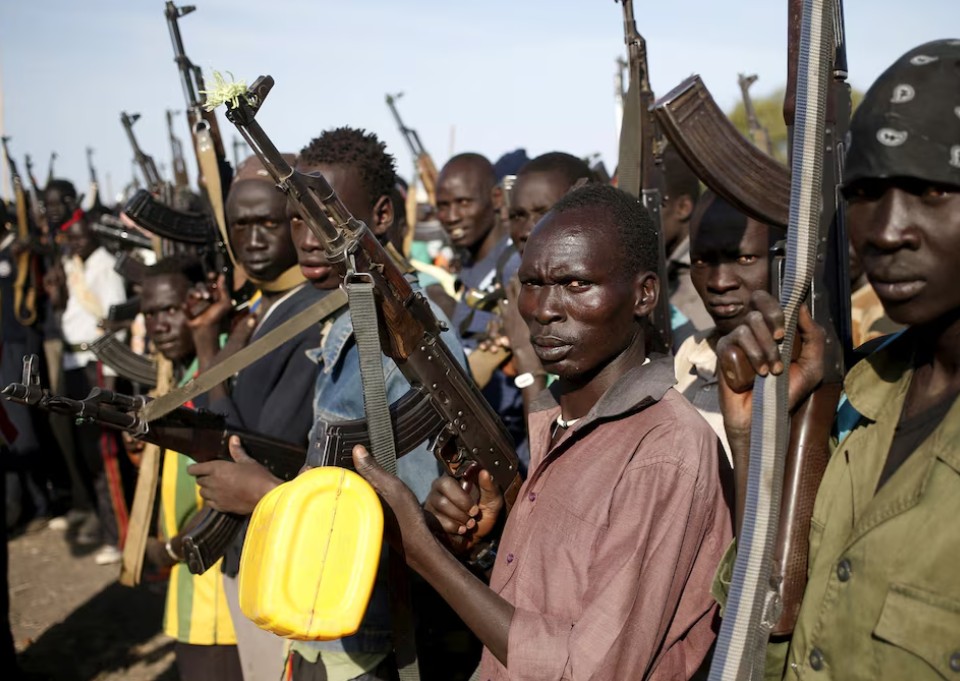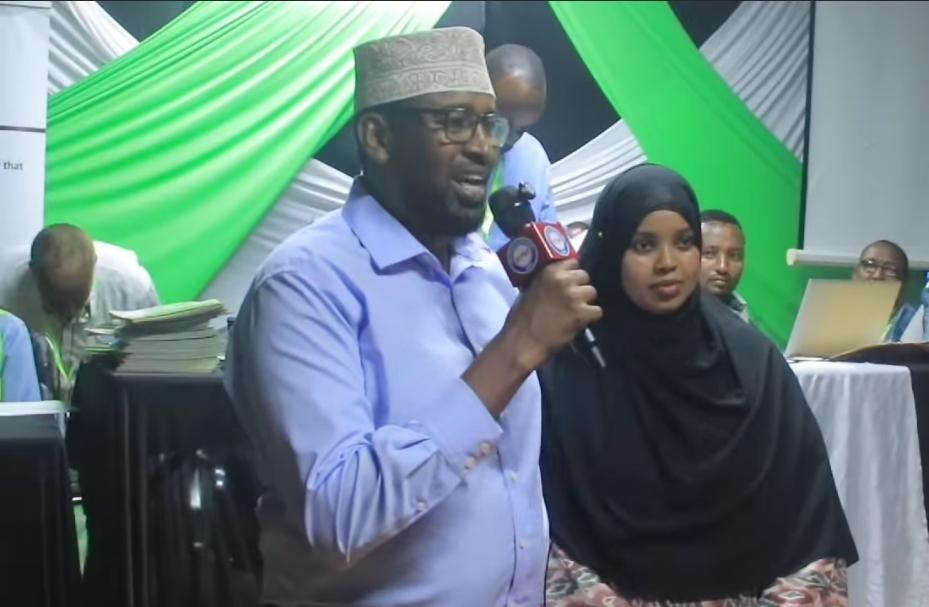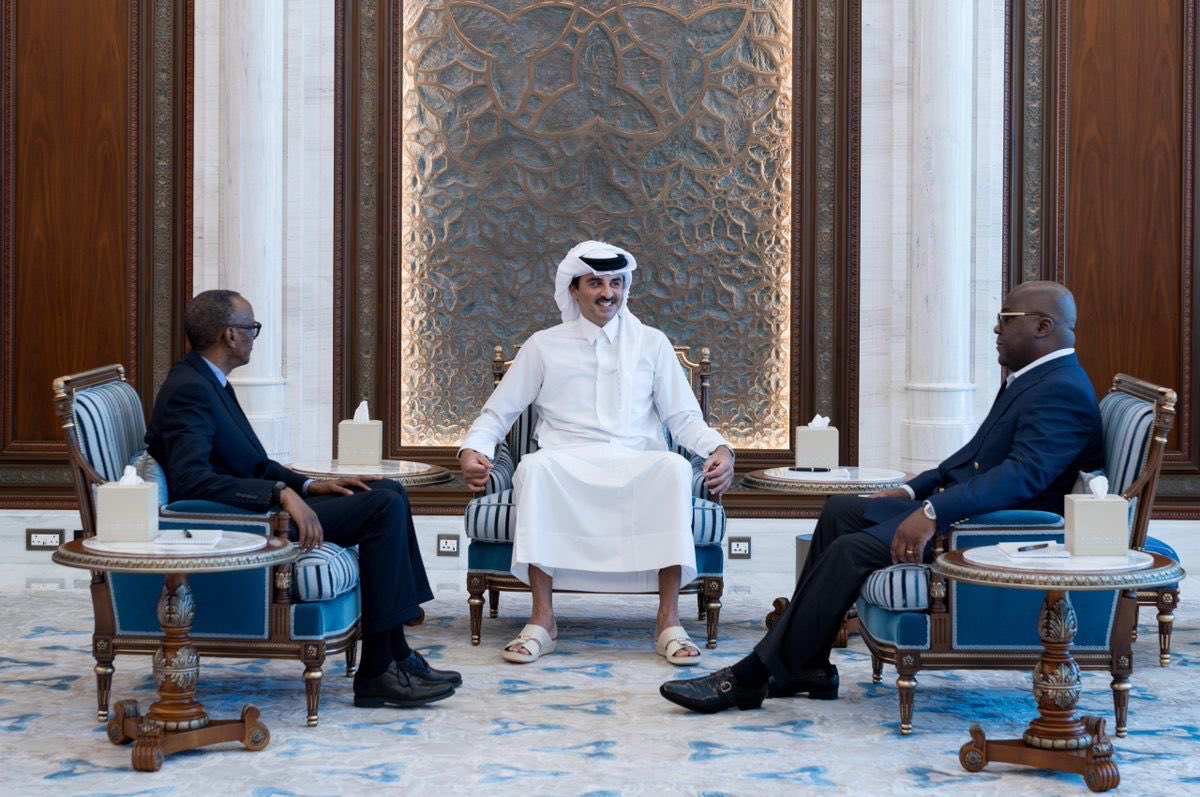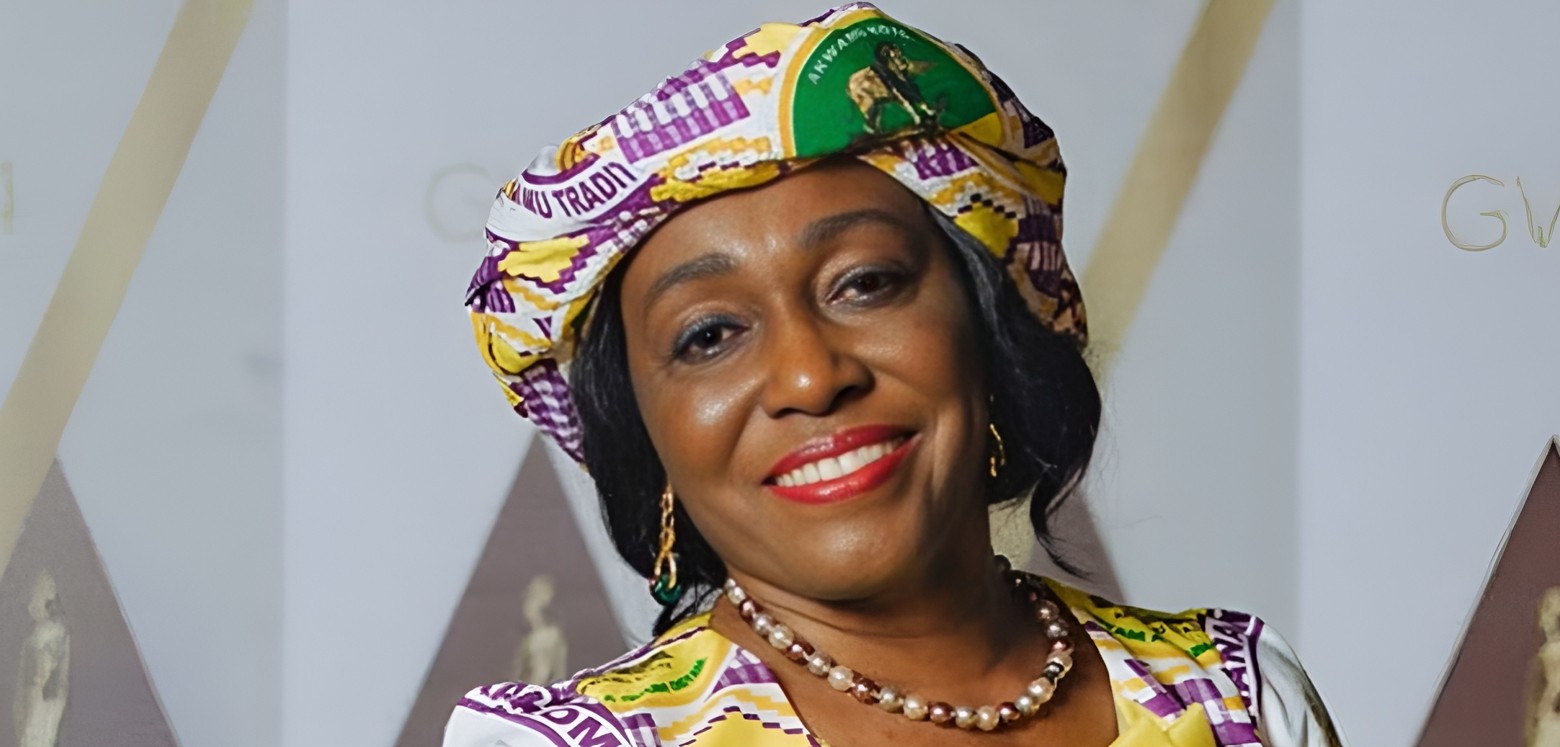Humanitarian crisis deepens as aid workers warn South Sudan situation could worsen dramatically

The resulting impact of the prolonged conflict has been the displacement of people; currently, more than 60,000 have been reportedly displaced from Upper Nile state.
Humanitarian officials who have been responding to victims of the conflict in South Sudan are now warning that the conflict happening in the country on multiple fronts is yet to be understood and risks blowing up soon.
In July 2013, President Salva Kiir fired his entire cabinet, including Vice President Riek Machar, following accusations of a coup d'etat after two years of statehood. What followed were a few months of relative calm that were disrupted by violence that erupted in December of that year as fighting broke out between government forces and soldiers loyal to Machar.
More To Read
- 1,000 weapon‑wounded patients treated in South Sudan hospitals this year - ICRC
- From silence to strength: South Sudan women leaders speak out and drive change
- MSF demands protection of civilians after deadly attack in Upper Nile State, South Sudan
- US ends Temporary Protected Status for South Sudanese nationals
- UN warns 7.5 million South Sudanese at risk of severe hunger
- South Sudan peace deal at risk amid ceasefire violations, political discord - report
Today, the government and the opposition are still actively fighting in different locations through clashes and aerial bombardments that have killed more than 180 people and injured more than 250, according to the United Nations' statistics.
Humanitarian officials working to ease the conflict and disease burden in the country, however, warn that the numbers could be higher, judging by the scale of the conflict.
The resulting impact of the prolonged conflict has been the displacement of people; currently, more than 60,000 have been reportedly displaced from Upper Nile state, more than 50,000 others have been moved from Jonglei state, and an estimated 30,000 have fled to neighbouring Ethiopia, as others settled along the border.
"Unfortunately, we can't verify mainly due to lack of access to many of these active conflict areas," Dr Bakri Abubakr, a medical doctor and the Mission for Médecins Sans Frontières/Doctors Without Borders (MSF) Operations Manager for Sudan, said on Thursday during a media briefing in Nairobi.
MSF has a presence in South Sudan in six states, running about 15 hospitals in different parts of the country, assisting with trauma, maternal, and surgical care, as well as therapeutic feeding.
"This conflict does not stop at those wounded, or killed, or multiple displacements. Many are affected in different ways, our teams on the ground have seen entire towns and villages being abandoned by the populations and people forced to leave everything behind, including hospital facilities, community facilities, health centres and so forth," the Doctor who has just returned from South Sudan said.
This translates to pregnant women lacking access to maternal health, children missing out on vaccines, TB and Malaria patients missing out on follow-up medication, all of whose impact will be felt over time.
The situation is worsened by the conflicts happening in the neighbouring states such as Sudan, Ethiopia and the DRC that are adding pressure to the health facilities.
This is happening as the local health sector is struggling to meet its population's needs.
The recent flare-up of violence has affected even the remaining humanitarian medical facilities, pushing the country to a health crisis.
This is because humanitarian medical facilities are now increasingly targeted, so far eight according to UN estimates, including several owned by MSF.
 Jikany Nuer White Army fighters holds their weapons in Upper Nile State, South Sudan February 10, 2014. (Photo: REUTERS/Goran Tomasevic)
Jikany Nuer White Army fighters holds their weapons in Upper Nile State, South Sudan February 10, 2014. (Photo: REUTERS/Goran Tomasevic)
Abdalla Hussein, the Head of MSF Operations, said the impact of these targeted attacks has been the loss of the organisation's two boats on the River Nile early this year as they transported facilities to a hospital, forcing staff to flee into the river.
In April, armed men stormed the MSF hospital and office in Ulang, Upper Nile state, looted the premises and threatened staff. As a result, all medical services at the hospital, the only functioning health facility in the area, remain suspended,
At the same time, the only hospital in Old Fangak that had been serving a population of over 110,000 people who already had extremely limited access to healthcare was bombed early this month.
"Today, 30 million are deprived of medical care, displaced and wounded yet access to the masses remains hard due to their movement and insecurity. When medical facilities become a target, it becomes difficult for healthcare personnel to access the wounded or get the population's needs met."
"We request all the parties, whether it's the government forces or the opposition, to respect people who are caring for the wounded and also to facilitate humanitarian access, especially medical aid," Abdalla urged.
Dr Humphrey Karamagi, the UN World Health Organisation's Representative in South Sudan, warned that every time health facilities are targeted, people lose access to health services and sometimes, to hope.
"Health is the last safety net. If it fails, everything else will also fall," he warned.
Helen Richard, the MSF Humanitarian Affairs Advisor, noted that the conflict in South Sudan is happening at a time when humanitarian aid is also shrinking, making the operational environment more complex.
"This is concerning because the capacity of humanitarian organisations to respond to this crisis is severely compromised. The health system in South Sudan is heavily reliant on external support as the government spends around 1.3 per cent of its budget on health, 80 per cent of health services are run by non-governmental organisations," she said.
"What then happens in such a dire state? The organisation said it's willing to resume its operations in areas whose facilities were impacted by the conflict only if its staff is guaranteed security and access and safety of its medical supplies."
"We are trying as much as possible to restock our hospitals, we are trying to resume our operations in sites, for example, in Malakal, we are trying to restore our activities in the three axes. We are talking about approximately 200,000 people who were being served by our outreach activities. We are hoping to resume our activities as soon as possible to continue helping these people," explained Dr Abubakr.
Zacharia Mwatia, the Head of MSF mission in Juba, noted that as the rainy season approaches and conflict worsens, more healthcare needs will emerge and thus the need for access, safety and support to humanitarian work.
"We are urging the authorities, the parties involved, to spare health facilities in South Sudan, which are really needed at such a time as this. We are also calling on the parties involved to respect the population, our patients and staff as we are there to support the communities," he said.
Top Stories Today












































